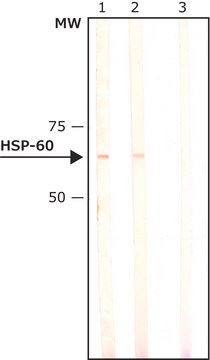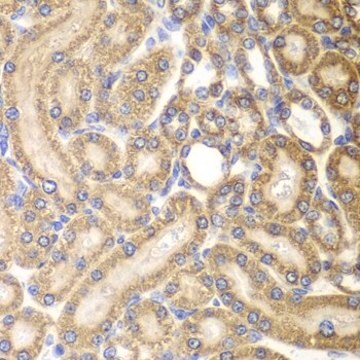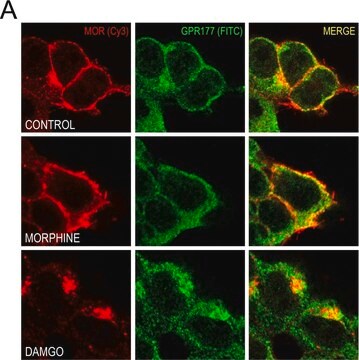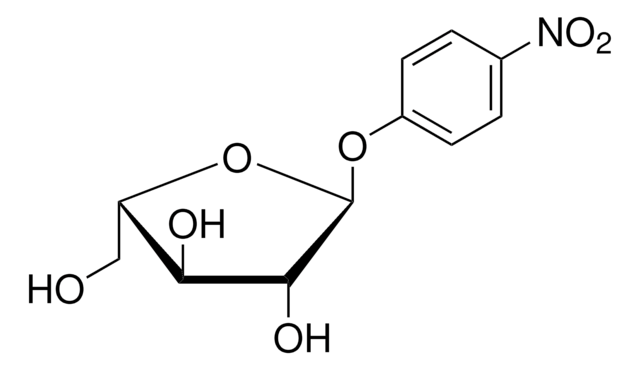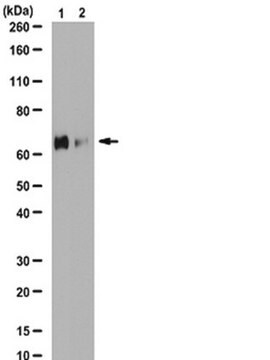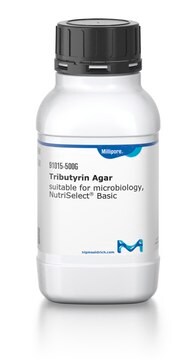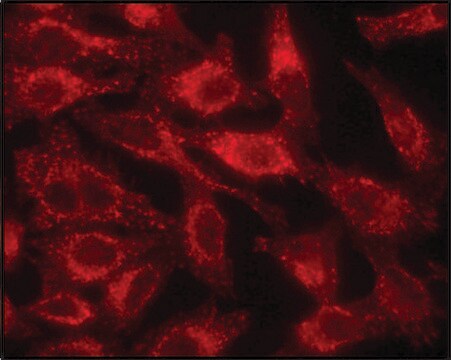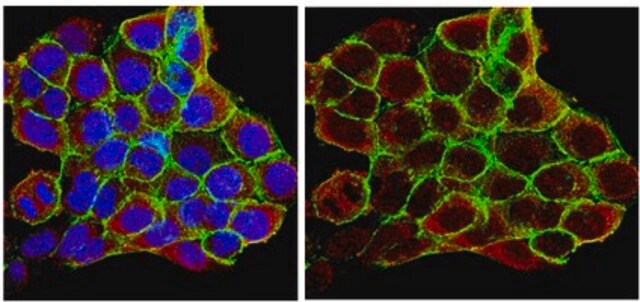Wichtige Dokumente
H4149
Monoclonal Anti-Heat Shock Protein 60 antibody produced in mouse
clone LK1, ascites fluid
About This Item
Empfohlene Produkte
Biologische Quelle
mouse
Konjugat
unconjugated
Antikörperform
ascites fluid
Antikörper-Produkttyp
primary antibodies
Klon
LK1, monoclonal
Mol-Gew.
antigen 60 kDa
Enthält
15 mM sodium azide
Speziesreaktivität
rat, human, chicken
Methode(n)
electron microscopy: suitable
immunohistochemistry (formalin-fixed, paraffin-embedded sections): suitable
indirect ELISA: suitable
western blot: 1:400 using cultured human foreskin fibroblast extract
Isotyp
IgG1
UniProt-Hinterlegungsnummer
Versandbedingung
dry ice
Lagertemp.
−20°C
Posttranslationale Modifikation Target
unmodified
Angaben zum Gen
human ... HSPD1(3329)
rat ... Hspd1(63868)
Allgemeine Beschreibung
Spezifität
Immunogen
Anwendung
- Enzyme linked immunosorbent assay (ELISA)
- Immunoblotting
- Immunocytochemistry
- Immunohistochemistry
- Immunoelectron microscopy
- Double immunofluorescence
Biochem./physiol. Wirkung
Physikalische Form
Haftungsausschluss
Sie haben nicht das passende Produkt gefunden?
Probieren Sie unser Produkt-Auswahlhilfe. aus.
Empfehlung
Lagerklassenschlüssel
10 - Combustible liquids
WGK
nwg
Flammpunkt (°F)
Not applicable
Flammpunkt (°C)
Not applicable
Hier finden Sie alle aktuellen Versionen:
Besitzen Sie dieses Produkt bereits?
In der Dokumentenbibliothek finden Sie die Dokumentation zu den Produkten, die Sie kürzlich erworben haben.
Unser Team von Wissenschaftlern verfügt über Erfahrung in allen Forschungsbereichen einschließlich Life Science, Materialwissenschaften, chemischer Synthese, Chromatographie, Analytik und vielen mehr..
Setzen Sie sich mit dem technischen Dienst in Verbindung.